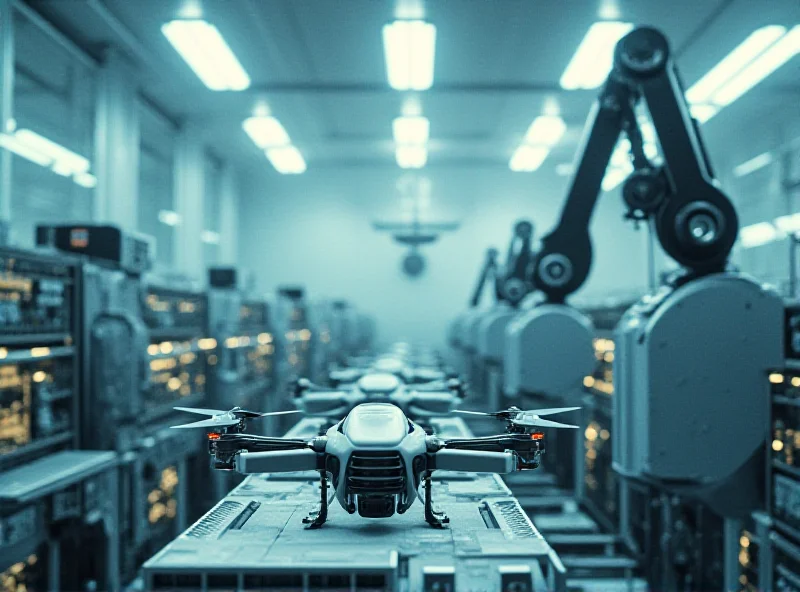The global economic landscape is becoming increasingly complex, marked by a confluence of challenges and opportunities. From Russia's internal economic struggles to the search for sustainable global growth, the current climate demands careful analysis and strategic planning. This article explores several key developments, including the state of European banks in Russia, Russia's drone production ambitions, the rise of a new AI player, and the broader quest for a sustainable economic future.
European Banks and Russian Profits
Despite ongoing geopolitical tensions, European banks are currently enjoying significant profits within Russia. This raises a critical question: how long can this trend continue? The sustainability of these earnings is uncertain, especially considering the volatile economic and political environment. Western sanctions and fluctuating oil prices continue to impact the Russian economy, creating an unpredictable landscape for foreign investors and financial institutions.

The dependence on the Russian market and the potential for further sanctions pose considerable risks to these European banks. It remains to be seen whether these institutions can navigate the complexities and maintain their profitability in the long term.
Russia's Drone Ambitions and NATO's Doorstep
Russia is reportedly planning to build 100,000 drones annually, a significant undertaking that could have geopolitical implications. Belarus has expressed its willingness to host a Russian factory, which would effectively expand Moscow's production capabilities beyond its own borders. This development is particularly noteworthy given Belarus's proximity to NATO countries.
The establishment of such a facility near NATO's borders raises concerns about regional security and the potential for increased military activity. The move could be interpreted as a strategic maneuver to bolster Russia's military capabilities and exert greater influence in the region. The details of these plans and their potential impact on international relations remain to be seen.

Economic Meltdown and the Rise of Nebius Group
Russia's economy is facing substantial challenges, with reports of collapsing light industry and a surge in bankruptcies. Western sanctions and declining oil prices have exacerbated these issues, creating a difficult environment for businesses and consumers alike. The Kremlin is actively seeking solutions to mitigate the impact of these economic pressures.
Amidst these challenges, a new player has emerged in the AI sector: Nebius Group. Formerly associated with Yandex, Nebius is now operating independently on the Nasdaq stock exchange. This restructuring presents a potential investment opportunity, particularly given the growing importance of artificial intelligence in the global economy. The company's founder, Arkady Volozh, previously resigned from Yandex, marking a significant shift in the company's trajectory.

The Quest for Sustainable Global Growth
In an era defined by uncertainty, the pursuit of sustainable global growth is more critical than ever. Experts are advocating for a comprehensive, four-pronged approach to address the complex challenges facing the global economy. This blueprint for the future emphasizes the need for innovative solutions and collaborative efforts to ensure long-term stability and prosperity.
The details of this four-pronged strategy remain to be seen, but the emphasis on sustainability suggests a focus on environmentally responsible practices, social equity, and responsible governance. As the world grapples with economic, social, and environmental challenges, a well-defined roadmap for sustainable growth is essential for securing a brighter future.

The interconnected nature of these developments highlights the complexities of the global economy. From European banks navigating the Russian market to the emergence of new AI players and the urgent need for sustainable growth, the challenges and opportunities are intertwined. Careful analysis, strategic planning, and international cooperation will be essential for navigating these uncertain times and building a more resilient and prosperous future.
